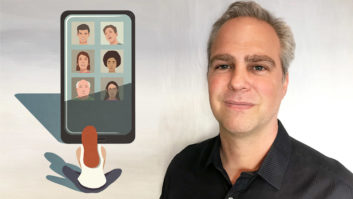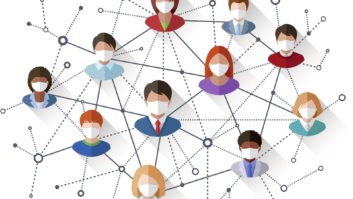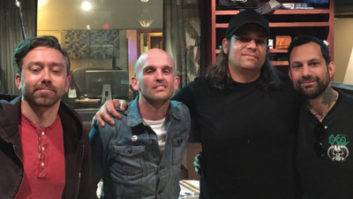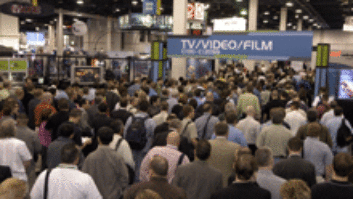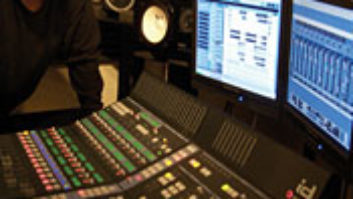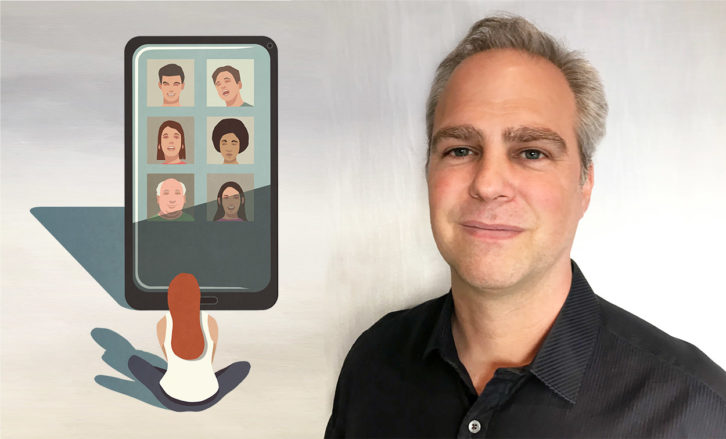 Want a quick and easy way to figure out who’s in your first-degree network? Want to know who’s in your inner circle and who has your back? It’s simple. Look around when things go sideways, when things tank and go south. Your colleagues who are there for you when you’re down—when you get fired, divorced, jammed up or any other bummer—those are your people. Let’s refer to this core group as your network foundation. The people in this group are your rocks that everything else builds upon.
Want a quick and easy way to figure out who’s in your first-degree network? Want to know who’s in your inner circle and who has your back? It’s simple. Look around when things go sideways, when things tank and go south. Your colleagues who are there for you when you’re down—when you get fired, divorced, jammed up or any other bummer—those are your people. Let’s refer to this core group as your network foundation. The people in this group are your rocks that everything else builds upon.
And being that we’ve all just gone through a global pandemic and have been hit left, right and center with the difficult and unexpected, what better time to take stock? I want you to really think about this. Who checked up on you during your darkest times? Who has been there in big ways and in small, both visibly and behind the scenes? Who has made community for you and provided the comfort and distractions that you needed?
Here’s why I want you to take a few minutes to do this mental exercise. For the last seven months, we’ve been talking about how to authentically expand your network—but before you can grow, you need to know where you’re starting from, and this is the perfect mirror for seeing where you are at. Don’t look outward without first looking inward. Who’s in your network foundation?
Try to identify everyone, then take a minute to thank them. You can do it silently or publicly. Expressing gratitude does two significant things. It lets you close the open loop on these last 15 months—and it provides a deep sense of warmth and community. Community is why we network.
Sounding Board: Networking in Three Dimensions
I’ll start, but as a quick disclaimer, I need to admit that my natural tendency is a bit of doom and gloom, and that at the very beginning of all this, I had some pretty challenging moments thinking that I’d made every bad career choice only to lead me into a dead end. I probably have a longer list than most of you; I needed a little more help. It took the love and support from family and the inspiration from friends to snap out of it all and to put my big-boy pants back on.
With great pleasure, I’d like to first thank every manufacturer and publisher who kept staff employed and every artist who kept crew on as long as possible. Huge thanks to the stimulus dollars and benefit programs that kept the economy afloat and to all the heroes who pivoted and did what they needed to do to take care of family and to stay sane. To all the pioneers and innovators, the broadcasters and live streamers, the hustlers and hitmakers—the ones who refused to take no for an answer—the future is yours and you all have my deepest respects.
On a personal level, I’d like to thank my wife and daughter for their patience and love, my employer for bringing me on during the pandemic and all the IEMITO members who continue to thrive under the worst of conditions. A special thank you to Ryan Huddleston for being a shining light during the very beginning and to James McCullagh for going down the rabbit hole with me. Russ Long, Tiago Costa, Greg McVeigh, David Hatmaker, Jason Batuyong, Kenny Sharretts, Andrew Bellavia, Ben Keys, and Moto Yamasaki always had perfect timing and collectively were there whenever I stumbled. And this list wouldn’t be complete without singling out Kevin Glendinning by name for his vigilant nearly weekly check-ins. With this network foundation, I feel like I can literally do anything. It’s like I have a team of the world’s most talented cheerleaders.
Speaking of community, there are three other individuals who need to be thanked publicly for going above and beyond; for literally creating the social fabric that held us together this last year. Courtney and Paul Klimson from Theory One Productions started The Roadie Clinic to ensure that touring professionals have a safety net, and Karen Dunn started an online “experiment” that Clubhouse only wishes it could tap into.
If you ever need great examples of marvelous networkers, look no further. Paul, Courtney, and Karen exemplify the motto of giving more than taking. They bring others together and create joy and value for everyone who’s along for the ride. Networking is not about who you know, it’s about identifying what you can give—and whenever things go badly, that’s the perfect time to give extra.
Mike Dias writes and speaks about What Entertainers Can Teach Executives and Why Nobody Likes Networking. He is the executive director for the In-Ear Monitor International Trade Organization and the vice president of sales for Earthworks Audio. He loves to trade stories, to talk shop, and to hear about your networking successes and failures! mike@inearmonitor.org.
